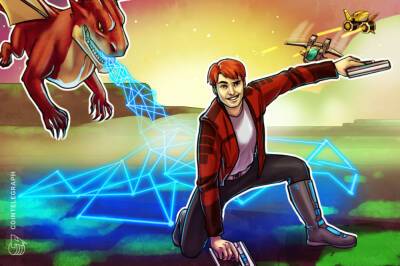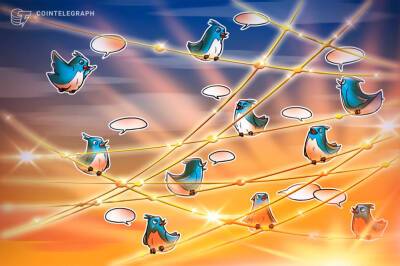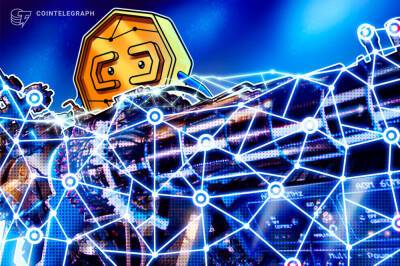Real health benefits will come when medicine and the Metaverse collide
The world is becoming more connected as cryptocurrency, blockchain, nonfungible token projects, the Metaverse and other online communities gain popularity. However, we’re also seeing rates of depression and feelings of isolation and loneliness skyrocket. This development is certainly not causal, but it is something to consider as younger generations become more involved in virtual spaces. The global COVID-19 pandemic has exacerbated a national mental health crisis. Mental Health America reported that 47.1 million people in the U.S. are living with a mental health condition. That’s one in five Americans, folks.
Unsettling as those figures may be, progress is being made with modern therapies and treatments in and out of virtual worlds. Would you consider logging onto your computer to meet with your cryptographically certified doctor or therapist? How about receiving a prescription delivered to your door? Many young people actually feel more comfortable in a virtual setting, surrounded by peers and represented by their chosen avatar.
So how does this dream become reality? It all starts with innovation and nature. Researchers and doctors have been exploring the medicinal world of fungi and their power to heal and regenerate. Fungi have been core to this planet’s wellbeing for billions of years, and we’re just beginning to understand the psychoactive effects that certain fungi have on the human psyche.
Related: The next generation of data-driven healthcare is here
President Richard Nixon put a halt to all research on psychedelics in 1970 when he deemed renowned psychologist and writer Timothy Leary the most dangerous man in America. He began the war on drugs and convinced society that these psychoactively medicinal fungi were
Read more on cointelegraph.com





















